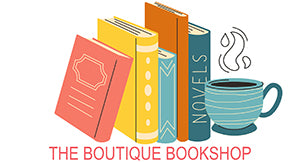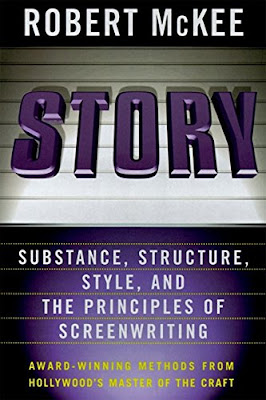The struggle of finding time to write, for many aspiring and established writers, is real. How does one balance a day job and writing? How does one find that beautiful balance between perfection and chaos?
Writing takes time to develop and hone craft and story. Day jobs take up valuable space and effort in your day. Is it possible to do both and do them well?
Is writing full time your ultimate goal? Or not?
Here is what Robert McKee says about that.
“Writing while holding down a forty-hour-a-week job is possible… But in time, exhaustion sets in, concentration wanders, creativity crumbles, and you’re tempted to quit. Before you do, you must find a way to earn your living from your writing.”
This quote is from Robert McKee’s STORY: Substance, Structure, Style, and the Principles of Screenwriting. I bought the book after attending a convention many years ago and heard a Harlequin editor talk about McKee’s workshop. I figured it wouldn’t hurt to pick up a copy.
Turns out McKee shares wonderful insights to story structure, and I took my time working through its 450-some pages. There are a few snippets of text about writing in general, several turns of phrase in the book, however, that interested me almost as much as his take on story structure.
The above quote is one that hit me fully. I struggled with the work life/writing life balance for most of my professional career(s). When I turned 50, I set a goal for myself. That goal was to write full time by the age of 55. Of course, ultimately, that had always been my goal, but after many years, I wasn’t “finding a way” as McKee suggested, and I set out to do just that. After some fits and starts, I succeeded.
Sort of.
I felt then, and still feel, that having that sense of freedom to write and support myself with my writing—without the constraints of a day job—would be pure bliss. Honestly, and I’m not kidding myself here, I knew this would be hard work. I knew there would be hurdles. And I fully understood that in this business there are no guaranteed paychecks—nor are there guaranteed contracts, print runs, bestsellers, advances, royalties, etcetera. I understood all the pitfalls and took them into consideration. Still, this was my goal. And a particularly lofty one since I was, and continue to be, my sole support. There is no one else to supplement my income or provide health insurance. And still, this was my goal.
McKee’s statement made me stop and think. I’m not a newby at this writing thing. I started seriously working my way toward publication over three decades ago. I never considered writing a hobby. I started publishing non-fiction early on. I traditionally published my first novel in 1997. Five more books were picked up over the next three years by my New York publisher. Things were moving forward.
Then I got a new day job. My salary doubled but so did the workload—still, I couldn’t pass up the opportunity. Single mom. Two teenage kids. I needed the money. You get the picture.
I quit writing—for five, long years.
Why? Because of time, stress, and obligations. Because of life. Because I was exhausted. Because I needed to feed the kids.
I practically killed my writing career by choosing to change day jobs—but my family was well taken care of, and my obligations were met. What suffered was not only the writing, but my sense of self.
Still, it was an intentional choice, and I cannot tell you today, twenty-five-ish years later, if it was the right one.
McKee was right. Concentration is compromised, creativity flies out the door, and exhaustion takes over your body. You can’t write… Or perhaps I should say, I feared I couldn’t write and do it well. Couldn’t write and love the work I was producing.
While I did eventually start writing again, and after many years, left my day job at age 55, and supported myself with writing income, I did, ultimately, go back to work full time. This was also an intentional choice.
While the publishing industry was deciding what to do with itself, and retailers were playing with subscription models and fluctuating algorithms, my independent publishing income was quickly diminishing.
I went back to work.
We simply do what we must in order to survive. So, while we pirouette around writing and the day job, we do the best we can. Acknowledge the situation, feed the muse as often as you are able, and keep moving forward.
I sometimes think the dance is difficult for me because of my personality. I tend to be an all-or-nothing person. I strive for balance—being the Libra that I am—but feel most comfortable when focusing on one thing, while in full control of my daily routine. My soul yearns to create, to play with words, to make pretty things. My brain tells me the water bill needs paid. The juxtaposition of those two needs often makes me cranky and twitchy inside.
The writing suffers. Creativity falters.
Others say they feel more relaxed and able to write and be creative when they know the bills are paid, the kids are fed, and their obligations are met. They are free to explore their creative sides then and do it with gusto. They crave the work world to thwart boredom and to stimulate their brain and psyche. They like being around people and gain energy when with them they can put toward creative efforts.
I’m not those people. Being away from my home environment exhausts me. People tire me. I’m a slightly empathic introvert, who over the years, has learned how to be a tolerant extrovert at work. (See why I sometimes get cranky?) Mostly, I want to hole up in my house, not talk to people, and immerse myself in my writing worlds. I want to converse with my characters and manipulate their stories without interruption.
We are all different. Which person are you?
How do you handle your struggles between writing and day job?




